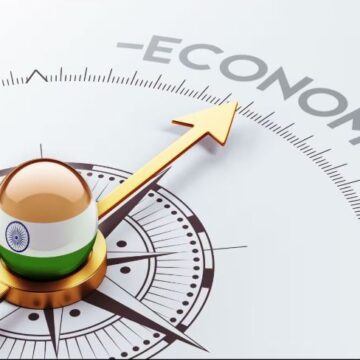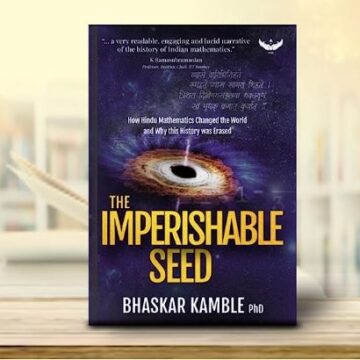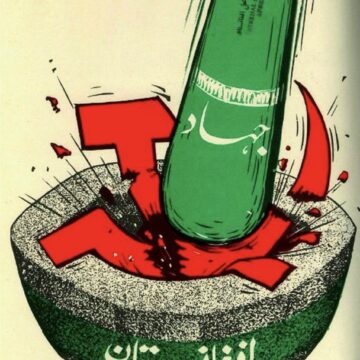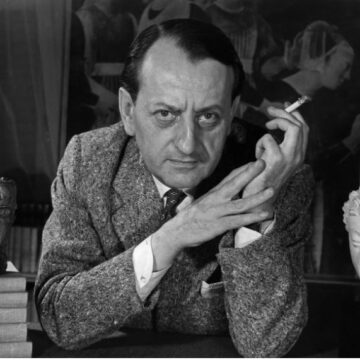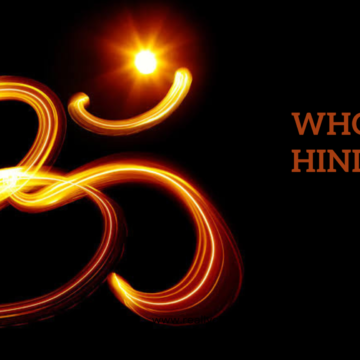The previous parts were an attempt to summarise the Indian economic story from its ancient roots until the end of British rule from various sources. The understanding of the Indian economy after independence also tends to be a little complex for a layperson to understand because of conflicting opinions. However, the overall story is one of hope and pride rather than shame and disappointment. This part also includes selected references and further readings for those interested.
Tag: <span>colonialism</span>
Understanding Indian Economy: Ancient To Modern – Part 3
In the previous parts, we looked at the ancient and mediaeval Indian economies and the impact of European colonialism on India and the world. The British left in 1947, our economy was in shambles, and there were many problems with the intellectual narratives set by the colonials. This part is an assessment of British rule in India and where we stood at independence.
Understanding Indian Economy: Ancient To Modern – Part 2
Part 1 of this series was a summary of the ancient Indian economy. In this part, we shall look at the mediaeval economy of India, which began with the fall of the Gupta dynasty in the 7th century CE and finally culminated with the beginning of the Delhi Sultanate in the 13th century CE. This part also covers the important rise of Europe in dominating the world order through its colonial expansion and how it specifically impacted India too.
Understanding Indian Economy: Ancient To Modern – Part 1
"For a long time, Marxist historians had a hegemonic hold on only one type of discourse. Marxist linear history represents India and its traditions as the past, or decadence, and the West as the future, or progress. In a world where globalisation, trade, and mutual exchange are a given, it is disagreeable to argue that perhaps we needed an invasion or colonisation to open our eyes to the world."
‘The Imperishable Seed’ By Bhaskar Kamble – A Summary Review
Dr. Pingali Gopal reviews 'The Imperishable Seed' By Bhaskar Kamble, a theoretical physicist from IIT Kanpur and presently a data scientist in Germany.
The linear progression of history from a primitive past to an advanced future, deeply entrenched in western philosophy, embeds itself in Indians even today as a classic case of ‘colonial consciousness’. Bhaskar has done a brilliant job of describing the history of mathematics, a much ignored subject in our educational systems, and tracing the roots of many subjects to the genius mathematicians of ancient and mediaeval India.
The Fate Of Muslims Under Soviet Rule : A Review
"Communism, as the logical outcome of materialism, cannot but be hostile to religion in all its aspects. Thus from the very beginning, the Communists aimed at the destruction of religious belief and worship in Soviet Russia."
Halley Kalyan pens a review of “The Fate Of Muslims Under Soviet Rule” - a booklet about Soviet government rule in regions that had a significant population of practicing Muslims, by Erich W Bethman (1958); and highlights the shared antagonism towards religion (Hinduism in particular in the Indian context) between the Communist dogma and the Indian version of Secularism.
André Malraux on India and Bangladesh – Part 2
In the second installment of André Malraux's views on India and Bangladesh, Dileep Karanth translates an open letter written by André Malraux to the president of the USA, Richard Nixon. In the letter André Malraux questions the stand taken by the newly emerged superpower that the USA was, towards India, Pakistan, and Bangladesh.
André Malraux on India and Bangladesh – Part 1
This is a translation of two web pages about the French writer André Malraux, and his views on India and Bangladesh.
Dileep Karanth brings to light the love and fascination that a misunderstood frenchman, André Malraux, had for India - not only the politically defined territories of India but also the civilisation; as his words to the students in Dacca prove.
The article attempts to understand the man and his ideologies and beliefs before delving into his love for India.
Hindu, Hinduism, Hindudtva – Part 2
In the second part, Dr. Pingali Gopal discusses the evolution of political Hindutva after independence, and sheds light on the failure to define the basic terms as we struggle with the alleged rise of ‘Hindu fundamentalism'.
Hindu, Hinduism, Hindutva – Part 1
Who exactly is a ‘Hindu’ and what are ‘Hinduism’ and ‘Hindutva’? Does it mean the land (geography), ancestral roots (history), or a shared culture?
Dr. Pingali Gopal tackles this proverbial bull by the horns, systematically looking at attempts to define and distinguish ‘Hinduism’ and ‘Hindutva’ by Western thought, the Indian liberal elite, and practising Hindus.

